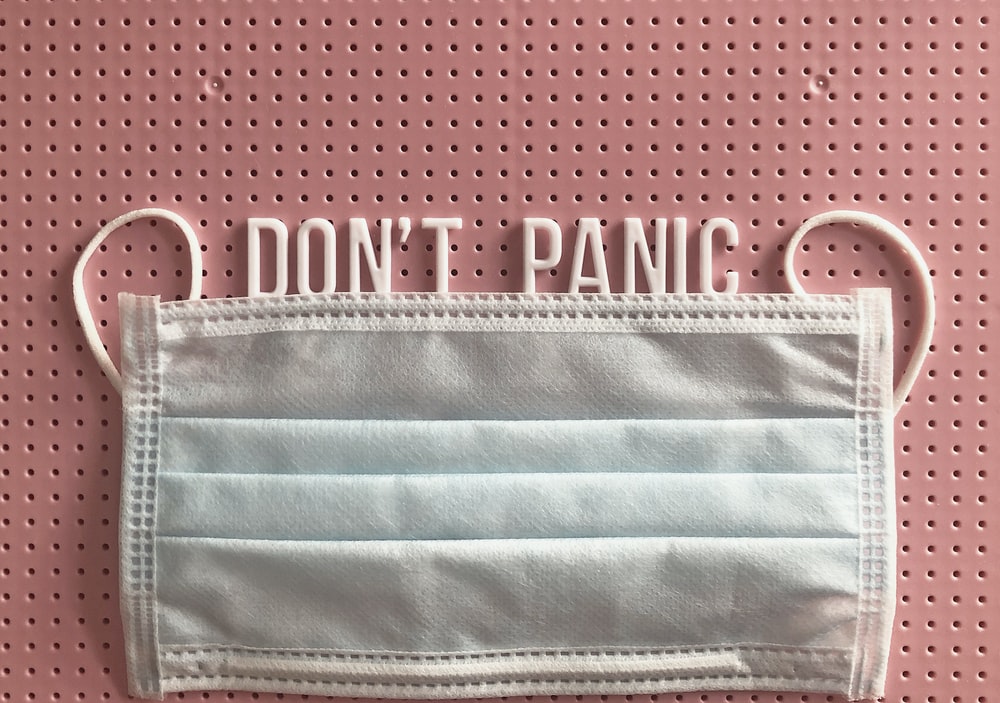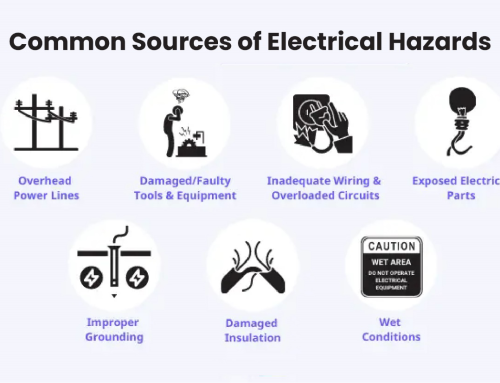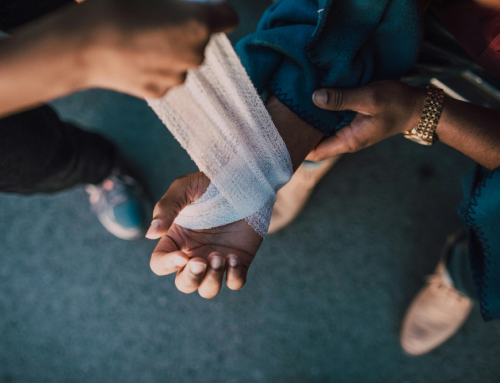To curb the accelerating spread of COVID-19 earlier in 2020, governments across the world had to establish emergency protocol and enforce lockdowns. In Canada, too, the government announced a complete shutdown of all activities in February, barring essential services.
Although some provinces are slowly beginning to ease restrictions, the federal government is still advising people to practice effective social distancing.
In this blog, we’ll discuss what social distancing is, how it works, and some tips to practice it effectively.
Let’s begin.
What is social distancing?
According to the Centers for Disease Control and Prevention (CDC), social distancing means to keep physical space between yourself and other people outside your home. It’s also known as ‘physical distancing’, and the guidelines are:
- Maintain a distance of at least 2 metres between yourself and other people
- Avoid large gatherings
- Stay away from crowds
In addition to this, you should minimize contact with friends and family members that are at a heightened risk of contracting the disease. These include:
- People above the age of 60
- Those with pre-existing conditions, such as diabetes and heart and lung problems
- Individuals with weak immune systems
Why practice social distancing?
Practising social distancing aims to ‘flatten the curve’, that is, to prevent many people from falling ill at the same time. Social distancing prevents people from contracting the disease and curbs the spread of the infection.
Additionally, social distancing also ensures that the healthcare system isn’t overburdened. A huge spike in the number of people falling sick together will inevitably lead to a strain hospitals’ capacity, medical staff, and equipment.
How to practice social distancing?
We’ve outlined some of the basic guidelines involving social distancing above. Here are some additional tips to keep yourself and your loved ones safe:
- Prevent going to physical store locations and shop online for groceries, medication, and food as much as possible
- Cover your mouth and nose with a mask when going in public. Follow these guidelines for making your own mask.
- Avoid going to the office and work from home when possible
- Keep your children home and avoid in-person playdates completely
- Take first aid training courses to prepare for emergency situations
Metro Safety Training has been providing first aid training and Red Cross basic life support training for over 12 years. We offer courses at multiple training centres in British Columbia and are taking additional safety precaution during this time to ensure sanitized premises.
For more information about our courses, you can reach out online or call 604-521-4227.







